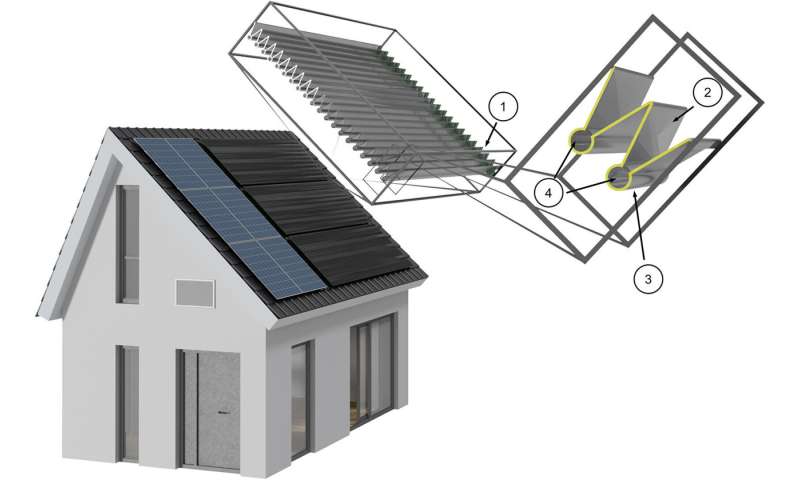Best of Last Week—Slow early universe, generating hydrogen on rooftops, using resistance training to slow Alzheimer's

It was a good week for space science, as a pair of astrophysicists, one with the University of Sydney, the other the University of Auckland, used quasar "clocks" to observe time dilation in the ancient universe. Geraint Lewis and Brendon Brewer have shown that due to universal expansion, time appears to flow five times more slowly. Also, an international team of space scientists observed "unintended electromagnetic radiation" emanating from large satellite constellations. In studying emissions from 68 of SpaceX's satellites, they found evidence of radiation that could lead to problems for land-based radar telescopes. And a team analyzing data from the James Webb Space Telescope, led by Steven Finkelstein, from the University of Texas at Austin, found evidence of the most distant active supermassive black hole observed thus far.
In technology news, a combined team from MIT and Inkbit unveiled a new computational method that can be used to facilitate the dense placement of objects inside a rigid container. And a combined team of researchers from Flinders University in Australia and Zhejiang Sci-Tech University in China developed a new aluminum radical battery that promises more sustainable power. Another combined team, including engineers from the Karlsruhe Institute of Technology and the University of Toronto, developed a system that allows for hydrogen generation on rooftops. And a team of software engineers at Stanford University developed a faster, cheaper way to train large language models.
In other news, at team of medical scientists at the Swedish School of Sport and Health Sciences found an association between cardiorespiratory fitness levels and lower death rates from cancer in men. Also, a team of animal behaviorists at the Max Planck Institute of Animal Behavior found that American minks regrow their brains in a rare reversal of the domestication process after escaping back into the wild. And finally, a combined team of neuroscientists from the Federal University of São Paulo and the University of São Paulo found evidence that resistance training can prevent or delay Alzheimer's disease.
© 2023 Science X Network